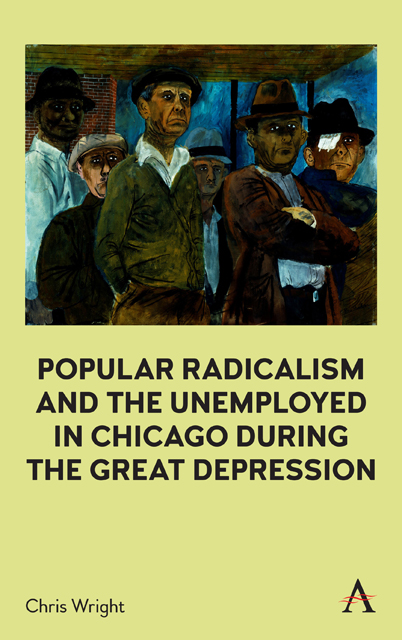Chapter Three - Coping
Published online by Cambridge University Press: 09 December 2022
Summary
Many commentators during and after the 1930s were inclined to make sweeping negative generalizations about the long-term unemployed. They were seen as almost universally passive, apathetic, despairing, and atomized, something like an inert mass of lost souls. One observer in 1933 wrote, “The acquiescence of the unemployed […] is what impresses us. To be sure, there are mutterings and bursts of sullen resentment and an occasional riot, but the prevailing attitude up to the present time has been submissive.” Another declared baldly that “the unemployed man and his wife have no social life outside the family. The extent of the social isolation of the family is truly striking. This refers not only to formal club affiliations but also to informal social life.”
As we have seen, such interpretations are by no means wholly false. They have a kernel of truth, but they state it in a tendentious and exaggerated form. Some of the long-term unemployed did, of course, succumb to abject despair and even suicide, but most did not. In fact, there are historians who draw almost the opposite conclusions from those just quoted. Anthony Badger, for instance, insists that “what characterised the American workers’ response to unemployment was tough-minded realism. Such stoicism and resilience might militate against political radicalism but it did not signify self-blame, indifference, or hopeless despair.”
In this chapter, accordingly—and in later ones—we’ll consider Chicago's Depression-era unemployed from the perspective of their activity, unlike in the previous chapter. Because of what they had to endure, they were frequently compelled to adopt a courageous stance, for the sake of loved ones. In the tasks of survival and day-to-day living, the socially disadvantaged are, on both implicit and explicit levels, continually resisting, improvising, calculating, cooperating, and rationally using whatever means are available to take what they can get from a callous world. The struggle of living-while-poor is a class struggle—in fact a direct and immediate outgrowth of “the” class struggle, the conflict between elite and subordinate classes—and as such is essentially opposed to the dominant society.
- Type
- Chapter
- Information
- Publisher: Anthem PressPrint publication year: 2022



